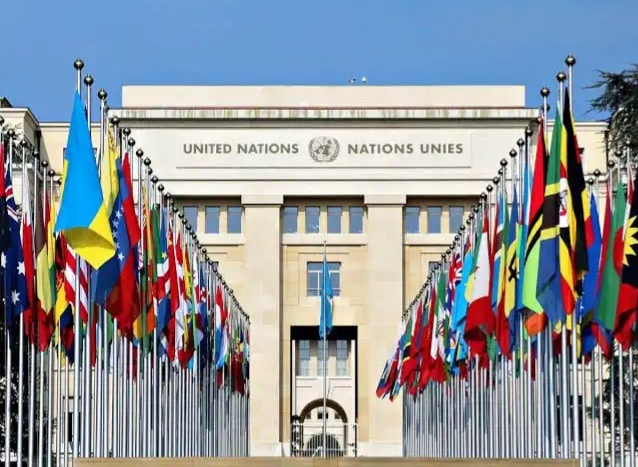The United Nations Economic Commission for Africa (UNECA) has urged African governments to allocate resources and funding for data and statistical literacy.
This it said would enable their citizens to demand data for decision processes.
Mr Oliver Chinganya, Director, African Centre for Statistics (ACS) UNECA, said this in a webinar titled: “Media Engagement in Official Statistics: How and Why?” on Tuesday.
Chinganya said most governments acknowledged the importance of data but did not allocate resources or prioritised funding for it.
“When it comes to allocation of resources, we do not see allocation of resources to what is called important. You do not call important, something you do not prioritise and provide funding for.
“We are counting on the media to raise the need for governments to put much more resources, engage in statistical literacy so citizens can begin to demand data for their own decision processes,” he said.
The director emphasised the value of data and added that the media should make sure data were transmitted and shared among citizens to benefit their decision making processes.
He explained that the national statistics’ main mission was to collect and collate data; produce reliable, relevant quantity statistics and disseminate information on the economic, social and environmental fields of a country and its citizens.
He added that the media played crucial roles in transmitting data and statistical information to all users to enable informed decision making.
Chinganya noted that strengthening the relationship with the media was an objective shared by the national statistical systems to communicate better and to interpret the information they produced and disseminated.
“This is critical for enabling an environment for setting up a solid professional network that allows for more regular and constructive exchange.”
Chinganya further added that statistics and statistical information generated by producers of official statistics were critical to planning and decision making and contributed to public debate and development of monitoring and public policies.
“To be useful, the statistics and statistical information should pass the test of practical utility.
“To meet the test, official statistics must be relevant, of suitable quality and in a form that facilitates its access and usability.
“It is therefore imperative that statistical agencies build and sustain very good relationships with all their stakeholders including users, providers of data, senior government officials and the media.”
Also speaking, Mr Garnett Compton of International Development Team, Office for National Statistics, UK (ONS-UK), said opportunity existed now with statistical information with the increase in public awareness.
Compton noted that the webinar topic would build more collaborative relationships with the media and how they could support the ONS-UK in communicating statistics and build public trust in the organisation.
“Coming together to share our plans and experiences is an excellent way of learning what has or has not worked for other countries.
“Hearing others’ experiences can also be inspiring and reassuring and perhaps reinvigorate programmes and ideas to improve media engagement.”
He said the statistics produced and disseminated were worthless if not used at all and the media played a vital role in disseminating them.
The webinar was organised by UNECA in partnership with Observatoire Économique et Statistique d’Afrique Subsaharienne (AFRISTAT), Institut National de la Statistique et des Études Économiques (INSEE), ONS-UK and the Partnership in Statistics for Development in the 21st Century (PARIS21).
The objective was to share experiences on different strategies that could be put in place by the producers of official statistics.
It was also aimed at engaging the media and exploring advantages of such for the advancement of national statistical systems.

 Health1 week ago
Health1 week ago
 Education6 days ago
Education6 days ago
 Football1 week ago
Football1 week ago
 Comments and Issues5 days ago
Comments and Issues5 days ago
 Crime1 week ago
Crime1 week ago
 Comments and Issues6 days ago
Comments and Issues6 days ago
 Football6 days ago
Football6 days ago
 Football6 days ago
Football6 days ago

